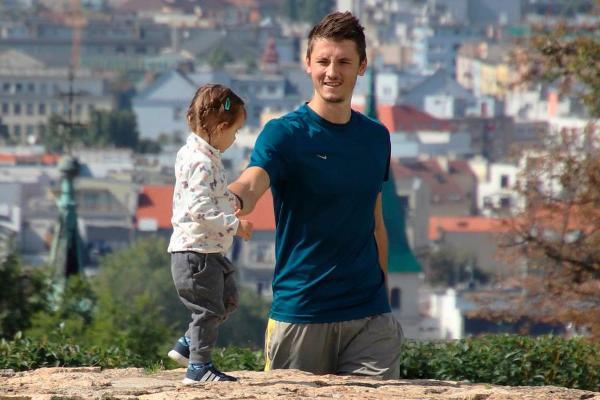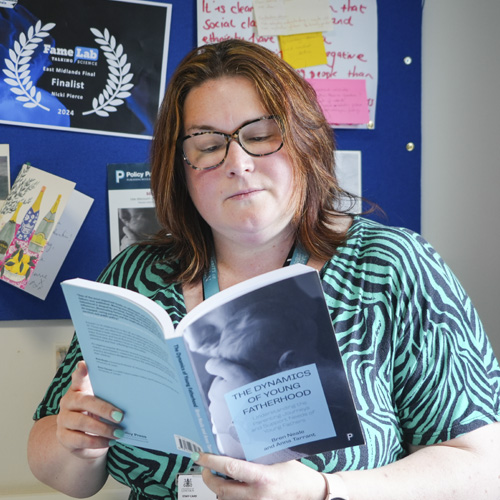Following Young Fathers Further
Following Young Fathers Further is a research study involving close partnership working with young fathers and professionals to understand the experiences and support needs of fathers aged 25 and under, with the aim of promoting a more father-inclusive approach to support in the UK.

/prod01/university-of-lincoln-cdn-pxl/media/responsive2017/research/newresearch/Nicki,Pierce,banner3,1600X600.jpg )


